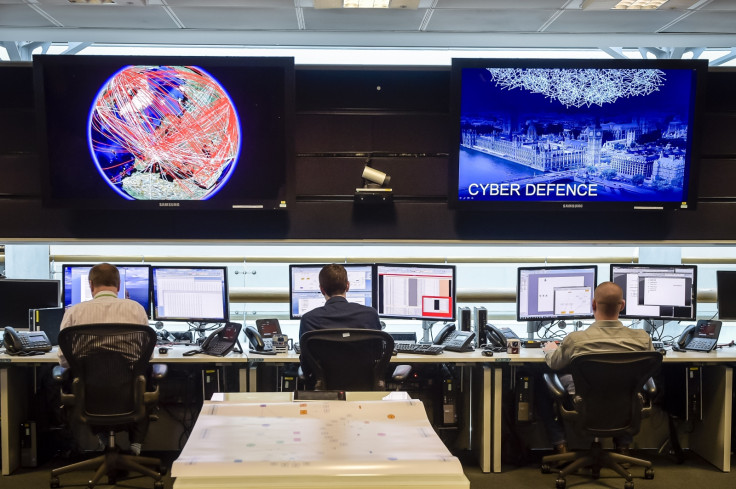GCHQ cyber squad head says 'significant scale attack' on UK expected in the future
Ciaran Martin says hackers perpetuating large-scale attacks are likely state-sponsored and "a bunch of people sitting in cubicles looking at screens".

Since the establishment of GCHQ's cyber arm, the National Cyber Security Center (NCSC), has reportedly fended off around 590 significant cyber incidents across Britain. However, according to Ciaran Martin, head of the NCSC, who formerly served as the director general of cybersecurity at GCHQ, a "significant scale attack" on the UK may be imminent.
"There is always the potential for a very serious attack, and certainly at a UK-wide level I think we expect a 'significant scale attack' in the next few years," Martin told the Belfast Telegraph. Although Britain has yet to be hit with a "category one" cyberattack – considered to be a national-level emergency, Martin said that the NCSC expects such an attack, presumably targeting critical infrastructure or other such entities, could occur in the future.
Martin, however, adds that the resulting damage from these attacks could be limited, because of the NCSC's efforts. The NCSC's role also involved advising vulnerable organisations on how best to deal with large-scale attacks, such that they don't "paralyse the system".
"Part of the NCSC's job is, over time, to build in that resilience into the system so that large-scale damage is less likely," Martin said, adding that current cyberthreats come from prolific yet not too sophisticated attacks, focusing to stealing money and/or data.
"What I would say with high confidence is that there is an everyday risk to the economy here from that sort of low sophistication, but highly prolific, set of attacks," Martin said. "Mostly you're just talking about low-level prolific tech where someone wants to steal a few hundred pounds, someone wants to hold a business to ransom, someone wants to steal a data set. It's just that corrosive, low-level damage where each individual attack is of no particular strategic significance, you add them all up and you've got a big problem and that's what we're trying to fix."
According to Martin, the nation-state hackers and underground cybercrime gangs, instead of "terrorist groups or paramilitary groups" are more of a threat on cyberspace. He also said that hackers perpetuating large-scale attacks are likely state-sponsored and "a bunch of people sitting in cubicles looking at screens".
Martin also advised that organisations take appropriate security measures against threats such as ransomware and credential theft, which he classified as "very large-scale problems".
In July, NCSC said that hackers might have targeted UK's energy sector. Earlier this month, the agency said that it helped to resolve over a thousand cyber incidents, warning of "further attacks" in the offing.






















